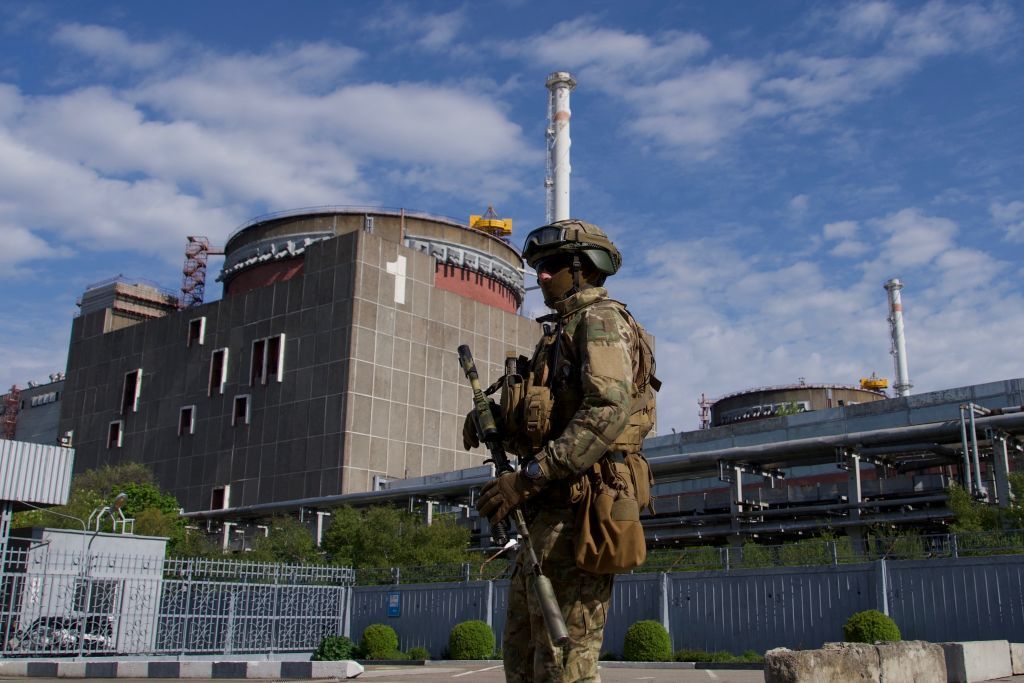Shoigu claims Ukraine's Constitution 'obstacle' to peace efforts, cites ban on territorial changes

Russia sees Ukraine's Constitution as an "obstacle" to peace efforts as it does not permit territorial changes, Russian Security Council Secretary Sergei Shoigu said on March 19, according to state-owned TASS news agency.
"On Ukraine's part, the main obstacle is the Constitution. Their Constitution prohibits any negotiations regarding changes in territory," Shoigu told journalists.
The comments underscore Moscow's efforts to legitimize its occupation of one-fifth of Ukraine's territory as part of a potential peace deal pushed forward by U.S. President Donald Trump.
Russia occupied and illegally annexed Crimea at the start of its aggression against Ukraine in 2014. After the outbreak of the full-scale invasion in 2022, Moscow also illegally declared annexation of partially occupied Donetsk, Luhansk, Zaporizhzhia, and Kherson oblasts.
President Volodymyr Zelensky has rejected recognizing Russian occupation of Ukrainian territories in any peace talks, calling it a "red line" that Kyiv will not cross. Ukraine's Constitution states that the "territory of Ukraine within its present border is indivisible and inviolable."
The Semafor outlet reported earlier this week that the Trump administration is considering recognizing Crimea as part of a peace deal. Washington has not confirmed this claim.
Shoigu also named the "legitimacy of power" as another supposed obstacle to peace talks, alluding to the Kremlin's long-standing narrative about Zelensky's illegitimacy, which Trump has also echoed.
Russia claims that Zelensky is no longer a legitimate head of state since Ukraine suspended elections that were to be held in 2024. The Ukrainian Constitution prohibits elections during martial law, which was declared at the start of the full-scale invasion in 2022. Zelensky said that the next vote would be held after a peace deal is concluded and martial law is lifted.












